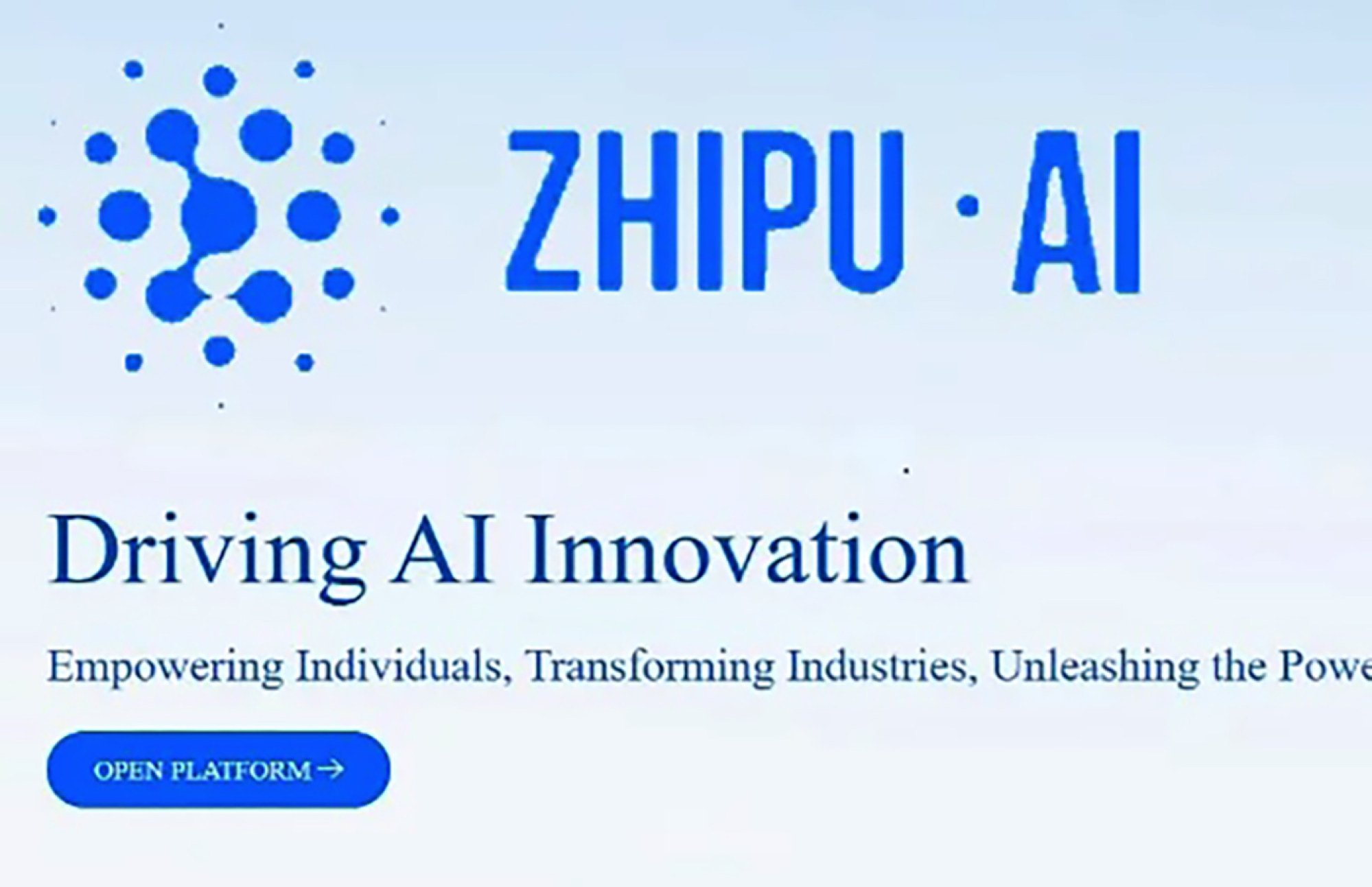Chinese tech executives – including those from Alibaba Group Holding and generative artificial intelligence start-up Zhipu AI – discussed how large language models (LLMs) can shape businesses at the annual conference held by Luohan Academy, the open research institute initiated by Alibaba.
Based on the company’s Model-as-a-Service platform, companies in various industries can fine-tune Zhipu AI’s LLM according to their business needs to create various applications. For instance, a major securities dealer in China had used this service to create an “AI brain”, which can carry out multiple tasks such as helping customers choose the best stock portfolio, and answering questions.
Zhang added that the company’s API service can act as an “alternative” for OpenAI, which is set to end its API access in China from July 9. The move by OpenAI has led to a heated race between Chinese LLM developers to fill in the void left by the US company.

Zhang is optimistic about the potential of the LLM application market. “There is a forecast that more than 80 per cent of companies will be using LLMs by 2026, while we have higher expectations than this,” said Zhang. “Today, no matter whether enterprises or individuals, [they] are more or less participating in the use of LLMs.”
The event, which is held annually to foster discussions around social and economic topics, is attaching higher importance to AI than before, as five out of the six sub-forums at the conference included the word “AI” in their main topics – including “AI and the future of socio-economic development”, “Fintech and AI”, and “AI for Business”.
“The reason why we emphasise artificial intelligence so much is that the wave of AI development is reshaping the economic landscape and business models, making human life more complex than ever before,” Chen Long, president of Luohan Academy, said on Thursday.
The academy, which was founded by Alibaba as an open research institute in 2018, had experienced “adjustments in its organisational relationships, team composition, and focus” following the e-commerce giant’s restructuring, Alibaba said last October.
Still, a number of the guest speakers come from Alibaba-related businesses, among other tech company executives and scholars. Alibaba owns the South China Morning Post.
Huang Hao, senior vice-president of fintech giant Ant Group, highlighted how the company’s LLM-based services can improve efficiency in the insurance industry.
Specifically, Huang said Ant’s Shengxinpei service – the “AI Insurance Planner” launched by the company in 2023 – can assist buyers in decision-making by helping them understand various types of insurance services and find the right ones.

Zhang Kaifu, vice-president of Alibaba International Digital Commerce Group, the Hangzhou-based company’s international e-commerce unit, talked about the unit’s experience of using self-developed generative AI tools to help small and medium-sized companies expand in overseas e-commerce markets.
“In the past year or so, we started to apply AI to global commerce … We are very excited by what we see – there’s a lot of potential for AI to bring down the barriers of global trade and especially in smaller and medium-sized enterprises, to really develop their competitiveness globally,” said Zhang.










